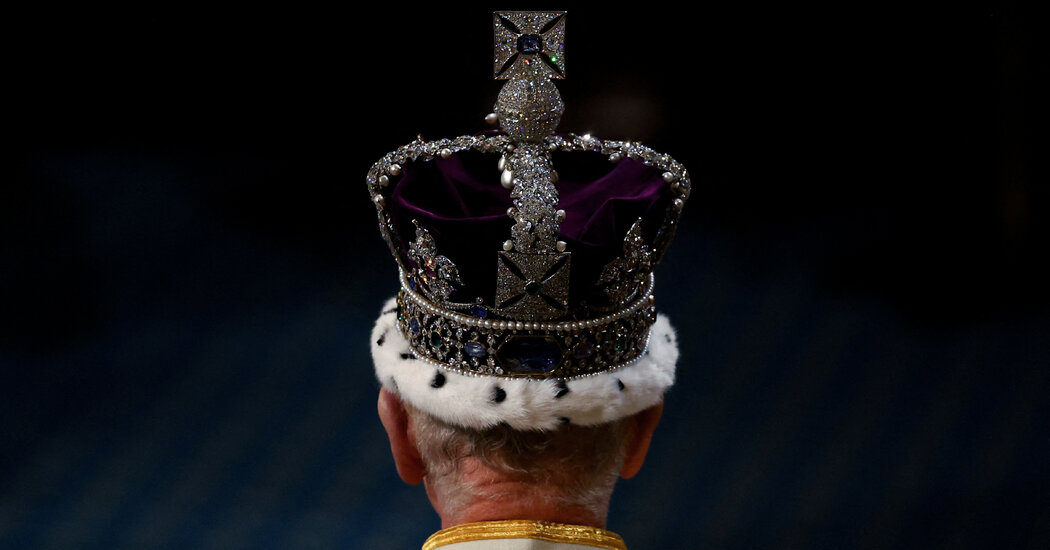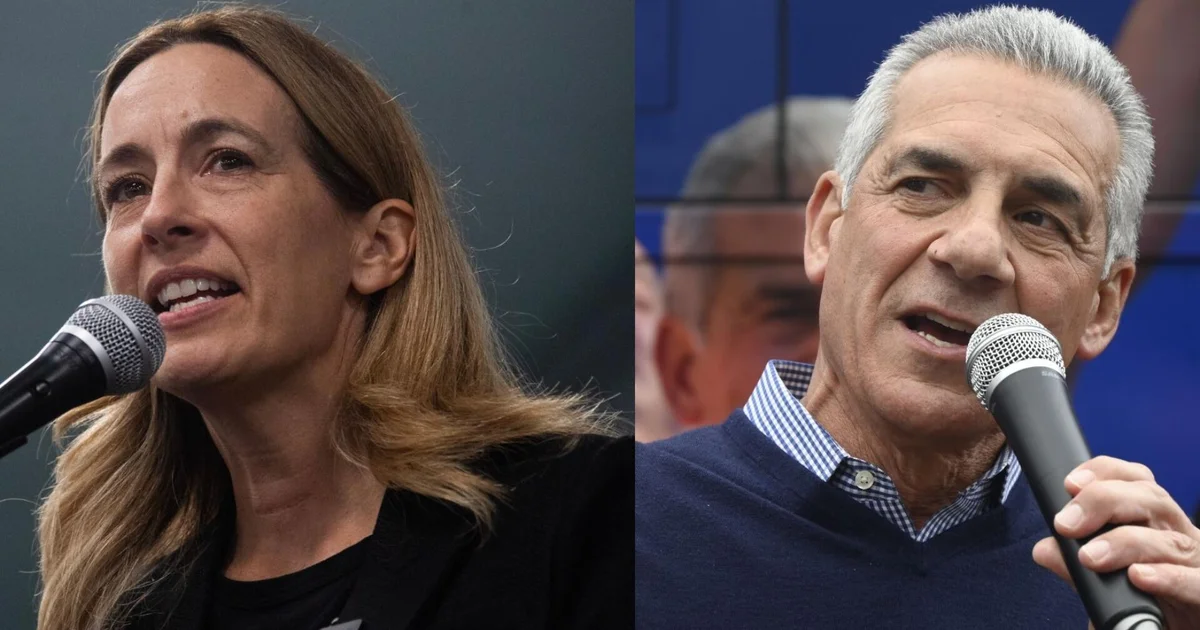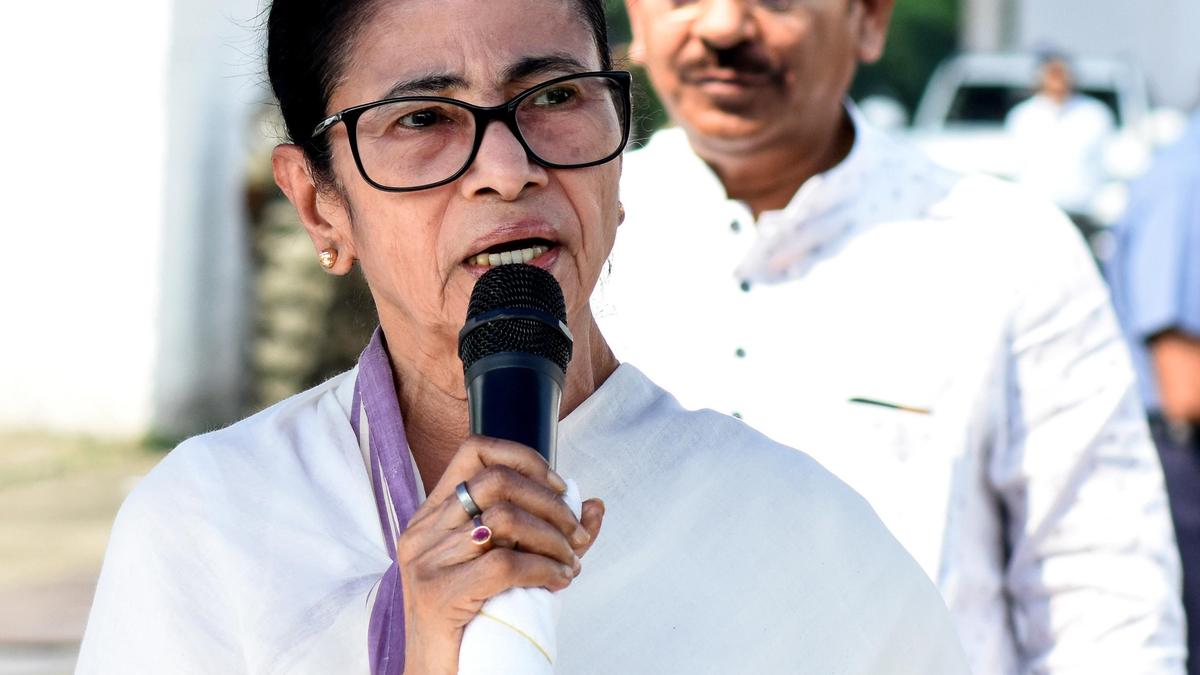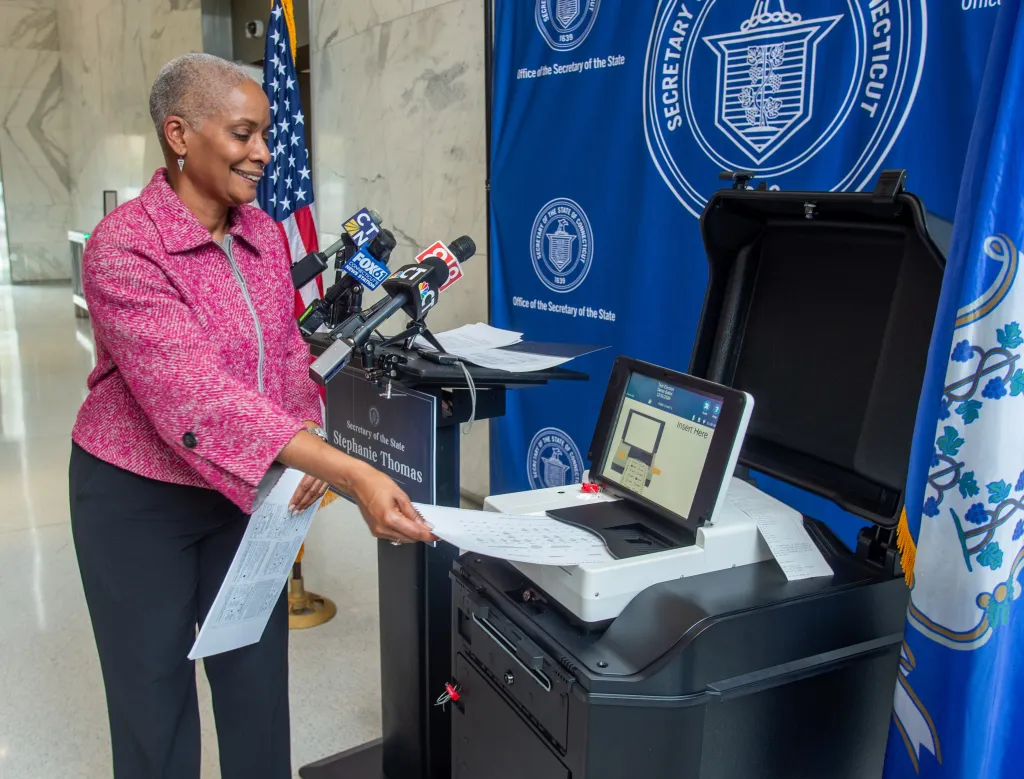Copyright The New York Times

Recently, at the urging of a Norwegian American friend, I watched a documentary about Princess Martha Louise of Norway and her new husband, Durek Verrett, a bisexual American shaman and conspiracy theorist whose ascension into royal circles has been a source of ongoing torture for the Norwegian monarchy. My reaction to the huckster was a touch more sympathetic than my friend expected: Verrett has that special kind of all-American sincerity, that absolute faith in his own innocent and incorruptible self, that I can’t quite bring myself to totally dislike. But my real sympathy descended on Martha Louise, who like various equivalents in the more famous House of Windsor has spent her life as a royal sibling bouncing from public spectacle to public tragedy and back, enduring the most profound failure of the purely ceremonial monarchy: its inability to figure out what to do with royals who aren’t the king or queen. That failure is also relevant to the peculiar position of Prince Andrew, or Mr. Andrew Mountbatten Windsor, as we are supposed to call him after the stripping of his regal rank amid a new wave of Jeffrey Epstein coverage. One can be confident in Andrew’s guilt in some form and still find it striking that the king’s own brother could lose all his titles without ever being convicted of any crime. The last residue of absolute monarchical power, it turns out, is the power to punish one of your own potential heirs without a trial. Of course the former prince has so far simply taken the punishment, instead of doing the old-fashioned thing and fleeing to Brittany or Scotland in the hopes of returning with an army at his back. (This, despite the fact that he palled around with arms dealers and was notable among expendable royals for actually having a genuine military career.) Under ceremonial conditions, the only power of rebellion that disfavored royals enjoy is the ability to conjure up a Netflix documentary — and nobody is giving Mr. Andrew Mountbatten Windsor his own reality television show from which to press a claim to his brother’s crown. Nonetheless I wonder if, before history’s curtain falls on the ceremonial style of monarchy, we will eventually see some unexpected attempt at a genuine coup de main — some crowned monarch bringing back the controversies of the 17th century by trying to exert real power once again, or some younger son or daughter trying to play real politics in that old 14th-century style. It seems improbable; more likely, surely, Andrew’s sad exit is the model for a future where the entire British monarchy ends with a whimper, with all the Mountbatten Windsors slinking away into a cushy private life. But I do think the likely nature of that end looks different today than it might have in 1970 or 2000. Back then, monarchy would have seemed most likely to be abolished amid a surge of modernizing sentiment, as an expression of vaulting confidence in the liberal democratic future. Now, though, I tend to agree with the British writer Will Lloyd, whose recent blast against the British throne in The New Statesman compares Charles III to Franz Joseph, the aged Hapsburg emperor who presided over Austria-Hungary before its demolition in the First World War. His point being that today’s Britain is in deepening trouble, economically and socially and spiritually, and the British monarchy seems increasingly likely to perish as part of a larger national crackup, when ethnic tensions and native-versus-immigrant conflicts and regional separatism leave nothing for a ceremonial monarch to preside over. Certainly it is hard to see how the nostalgic brand that has preserved the Windsor family’s rule, the monarchy as the custodian of a residual sense of cultural and historical unity, can survive in what Lloyd calls the “divided, downwardly mobile and irreligious” nation that Britain has become. And Lloyd’s portrait of Prince William — hopelessly ordinary, more comfortable with a Batman box set than a novel or a briefing book, lacking his father’s religious and traditionalist impulses and his mother’s charisma — suggests that he will be an especially poor fit to see the monarchy through a period of national dissolution. But suppose the crisis comes, with the existing institutions of Britain failing even more notably than they seem to be today. Is there not a certain unique potency in the monarchy that some ambitious figure might try to revive and use before the end? If not William, perhaps his steelier consort? Young Prince George (who knows what techno-monarchist Substacks he might end up reading?) or Princess Charlotte? Prince Archie of Sussex, his ambitions kindled by his mother’s on-the-make Americanism? Monarchy survived the 20th century by making its peace with liberalism and making its unruly members an anachronism. But in a post-liberal era, that unruliness might yet be a political virtue — or if not quite that, at least a way to close out the books of kings with a bang.



